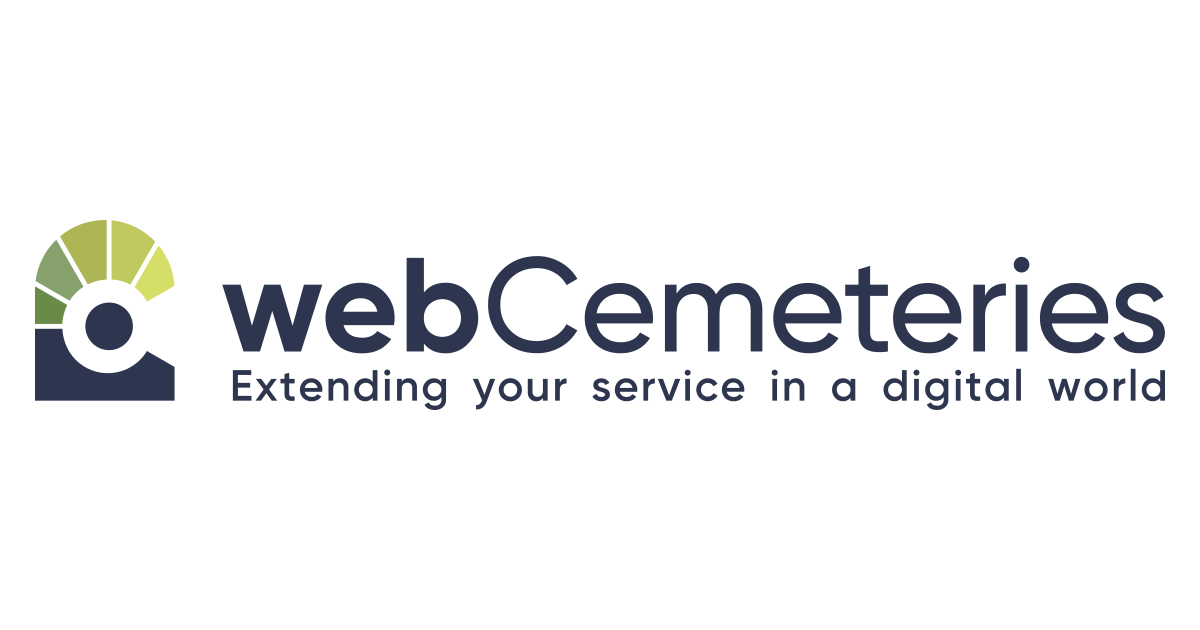Blogger Calls Out Legacy.com, And They Reply
 The following is a post written by blogger Maciej Ceglowski following his experience using the online obituary section of the New York Times, which is fueled by Legacy.com.
The following is a post written by blogger Maciej Ceglowski following his experience using the online obituary section of the New York Times, which is fueled by Legacy.com.
The Great Legacy.com Swindle
Last month my dear friend committed suicide, and in the middle of many emotions I came into contact with that part of the Internet that specializes in the business of dying.
My friend’s parents had bought an online obituary at the New York Times website, something I later found out was run by an outfit called legacy.com. The obituary includes a guest book, where you can send your condolences. There is a little text generator, in case you’re out of ideas; you can “light a candle”, and there is also a tie-in to an online florist who very generously offers to say with flowers what you might not be able to express through the text generator at such a difficult time. I was mildly surprised not to find a selection of tasteful, black-rimmed emoticons, a bit of kitsch that would have delighted my friend.
I wrote a condolence letter (as I had no other way to contact her parents) and when I submitted it, the site warned me that the “guest book” would expire in a little over a month, but if I liked I could pay to extend its life by one year ($29) or keep up “in perpetuity” ($79), presumably meaning for however long legacy.com stays in business.
Since we have for-profit undertakers, it seemed tacky but not unusual that there should be a business in online guest books for dead people. Knowing a bit about the economics of online services, and what kind of a profit margin that $79 represents, it was perhaps a little galling. But legacy.com pays moderators to check death notices and screen posts, so they can certainly argue they’re providing some kind of value.
Things got decidedly sketchier a few weeks later, when legacy.com decided to email me a reminder that the guest book (which I had only posted to, not created) was about to meet a fate very similar to the person it was honoring if I didn’t act promptly to renew, which, legacy.com suggested, would be the perfect way to show my support to a grieving family in a difficult time.
When you are mourning someone, any automated reminder about their death from a website that wants your money is going to cause what you might call a negative customer experience. It doesn’t matter whether you entitle it “A gentle reminder from legacy.com” or “DEAD FRIEND’S NAME IN ALL CAPS Guest Book” (although guess which one they went with).
I decided to see what the other end of this operation looked like. As an experiment, I visited the obituary section of the New York Times website and followed the steps to submit my own online death notice, stopping only at the final confirmation screen.
Click here to finish reading at idlewords.com and to read a response to this post from Legacy.com



